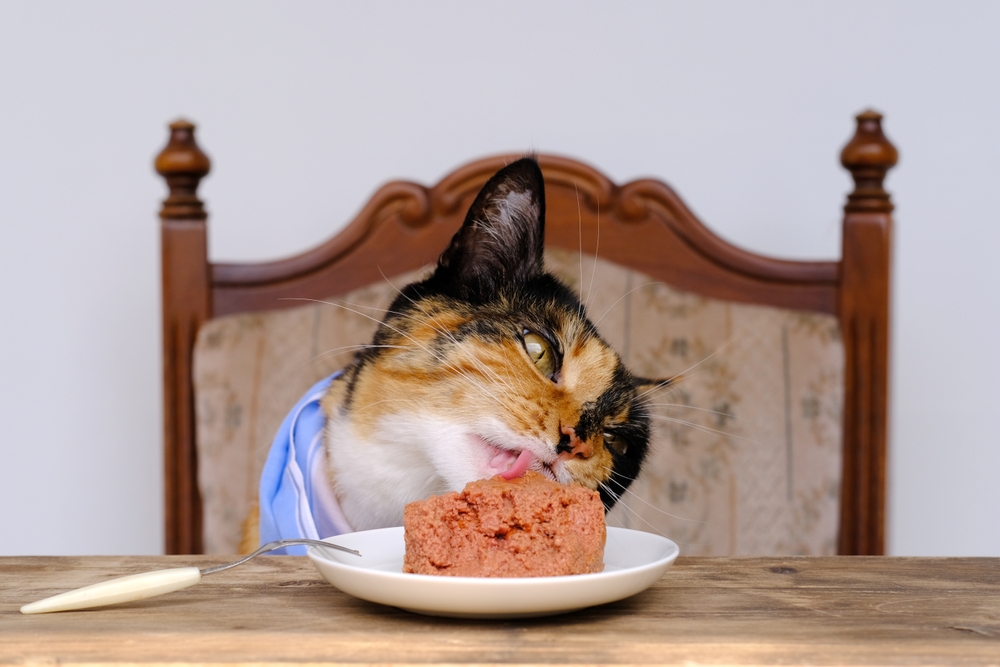As our beloved pets enter their golden years, it’s normal to notice changes in their energy and movement. But what causes these changes, and when should we be concerned?
At Memorial Animal Hospital in Kent, OH, we specialize in senior pet care. Let’s explore how to understand the natural process of aging in pets—and when those changes might signal a need for medical attention.
Understanding Aging in Pets
When pets start to “slow down,” it’s tempting to say, “Oh, they’re just getting old.” But what does that really mean? Aging can reduce mobility, lower energy levels, and affect senses like hearing or vision.
How Aging Affects Different Body Systems
- Musculoskeletal System: Joints and muscles may weaken over time, leading to stiffness or reduced flexibility. Conditions like arthritis become common, making movements painful or slower.
- Sensory Decline: Many pets experience a reduction in hearing and sight. Vision changes are often subtle at first but may result in issues like bumping into furniture, difficulty navigating stairs, or anxiety in unfamiliar environments.
- Metabolic Changes: Older pets often have a slower metabolism, which can lead to weight gain or difficulty maintaining their ideal weight, depending on activity levels.
- Cognitive Function: Pets can experience cognitive changes similar to dementia in humans, such as confusion, wandering, or even changes in sleep patterns.
Understanding these changes can help you distinguish between typical signs of aging and signs that may require veterinary intervention.
Medical Reasons Why Older Pets Slow Down
Several medical issues could cause your pet to lose their pep. Here are some common health conditions in senior pets:
- Arthritis: Inflammation in joints can make movement painful. Many pets with arthritis may hesitate to climb stairs, jump on furniture, or even walk long distances. We offer pain management options to help your pet stay comfortable as they age.
- Dental Disease: Dental problems are common in older pets and can lead to painful chewing or even a loss of appetite. Tooth decay or gum disease can cause bacteria to enter the bloodstream, potentially affecting organs over time. Learn more about our dental care services on our Dental Care page.
- Organ Function Decline: Senior pets often experience gradual decreases in kidney, liver, and heart function. Conditions like chronic kidney disease or heart disease are common and may initially present with subtle symptoms like increased thirst, changes in urination, or general lethargy.
By recognizing these issues early, we can help manage these conditions and improve your pet’s quality of life.
Recognizing Symptoms and When to Seek Help
Keep an eye out for these red flags:
- Sudden weight loss: An unexplained loss in weight can be a sign of underlying issues, such as thyroid imbalances or diabetes, which are common in older pets.
- Refusing to eat: A decrease in appetite might indicate dental pain, nausea, or discomfort due to a more serious health issue.
- Signs of pain: Pets in pain may whimper, avoid certain movements, or appear restless. Look for subtle signs, such as licking or biting at joints, difficulty standing up, or stiffness after rest.
- Behavioral Changes: Increased anxiety, disorientation, or changes in sleeping patterns can signal cognitive changes that may benefit from supportive care.
If you notice any of these symptoms, Request an Appointment right away. Early intervention can often lead to better outcomes and a more comfortable life for your pet.
Importance of Veterinary Care for Aging Pets
As pets grow older, regular check-ups become even more critical to help monitor and manage age-related changes. Routine diagnostics such as blood work, urinalysis, and imaging (e.g., X-rays or ultrasounds) can detect early signs of conditions like kidney disease, arthritis, or diabetes, allowing us to create a proactive treatment plan. Early detection means we can often manage or slow disease progression, keeping your pet healthier for longer. Learn more on our Wellness & Preventive Care page.
Treatment and Management of Age-Related Conditions
Managing your pet’s health as they age often involves a combination of medications, pain management, and lifestyle adjustments:
- Medications and Supplements: Supplements such as glucosamine and chondroitin can support joint health, while other medications can alleviate arthritis pain or manage chronic conditions like heart disease or diabetes.
- Pain Management: Pain relief is essential to maintain mobility and quality of life in aging pets. We offer a range of pain management options, including medications, laser therapy, and even physical therapy to help keep your pet comfortable. Visit our Pain Management page to see how we can help.
- Dietary Changes: As pets age, their nutritional needs change. Senior diets are typically lower in calories but higher in fiber and specific nutrients that support joint health, cognitive function, and immune support.
- Physical Therapy: Gentle, low-impact exercises can help maintain muscle mass and support joint health. We can guide you on exercises that are safe and effective for your pet.
How Memorial Animal Hospital Can Help
Our comprehensive services for senior pets include state-of-the-art diagnostics, tailored pain relief, and compassionate care to ensure that your pet enjoys comfort and quality in their golden years. Our team stays current with the latest advancements in senior pet care and tailors treatments to meet the unique needs of aging pets. Meet Our Team of experts dedicated to helping your pet enjoy their golden years.
Preventive Measures to Keep Older Pets Healthy

Here are some ways you can support your aging pet at home:
- Diet: Offer age-appropriate, nutrient-rich food that supports joint health, cognitive function, and digestion. Avoid high-fat treats and opt for ones with nutritional benefits.
- Exercise: Keep them active to maintain joint health and prevent weight gain, but avoid high-impact activities. Gentle walks, swimming, or even mild play are great options to keep their bodies moving.
- Home Adjustments: Consider adding non-slip rugs, ramps for furniture, or orthopedically supportive bedding. These small changes can make a big difference in preventing slips, supporting arthritic joints, and making movement easier.
- Mental Stimulation: Keep them mentally sharp with puzzles, training sessions, or gentle play. Engaging toys or food puzzles can provide enrichment and help maintain cognitive health.
Watching our pets grow older can be bittersweet, but with the right care, their golden years can be just as joyful. By staying proactive with veterinary care, making small adjustments at home, and understanding the signs of aging, we can give our pets the support they need to live comfortably and happily. If you’re noticing changes in your pet, we’re here to help. Contact us today to ensure your pet’s senior years are filled with comfort and love.
For further reading on aging pets, check out AAHA’s Mobility Matters and AVMA’s Senior Pet Care Guide.
Remember, at Memorial Animal Hospital, your pets are always in caring hands!






Leave A Comment